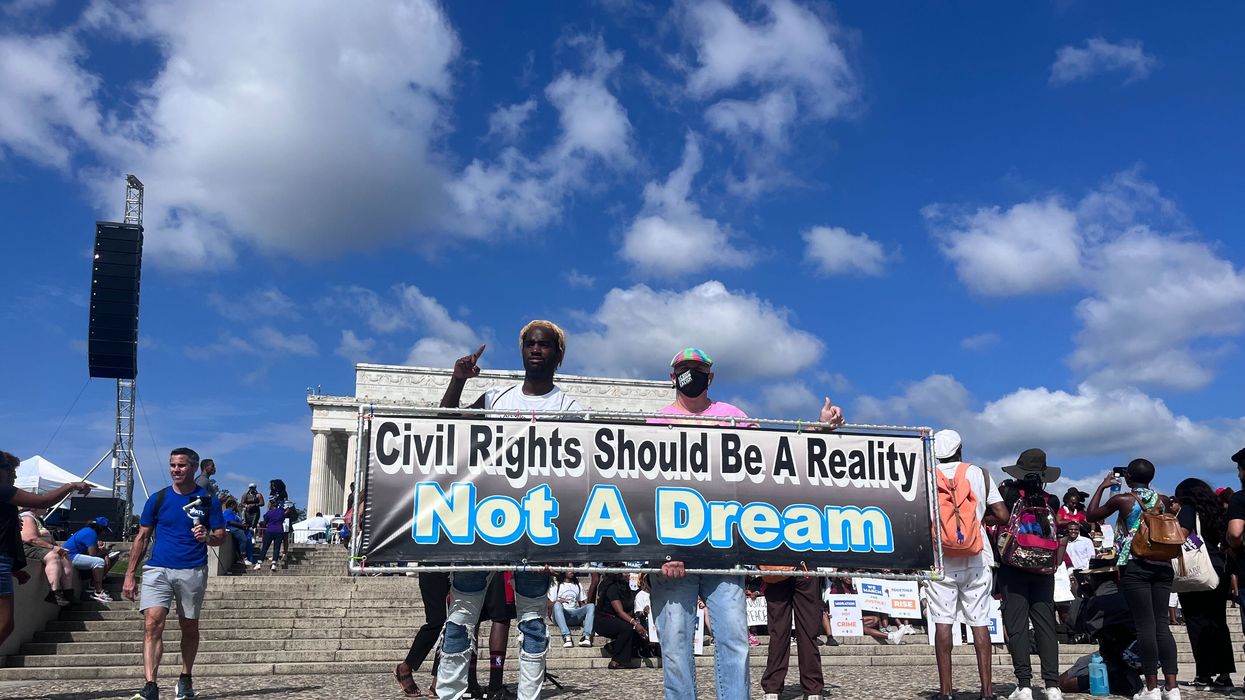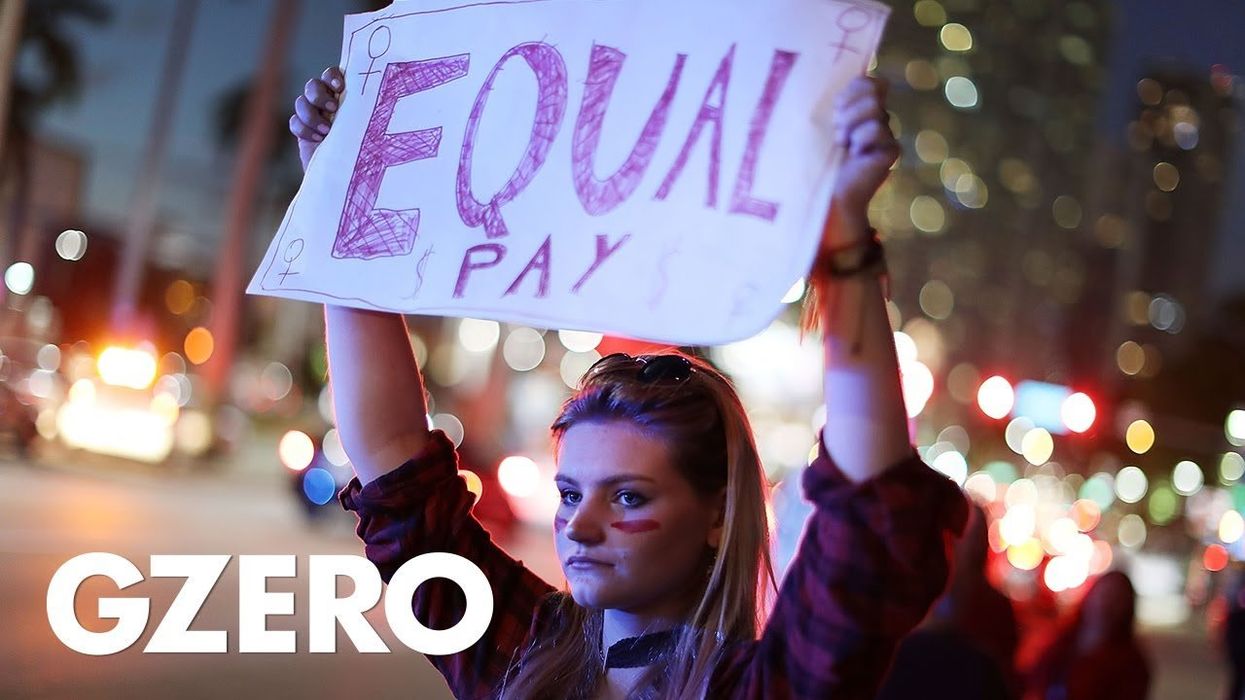The March on Washington, 60 years later
Sixty years ago, over a quarter of a million people gathered in Washington, DC, for the March on Washington for Jobs and Freedom. Standing on the steps of the Lincoln Memorial, a century after the Emancipation Proclamation was signed, Rev. Martin Luther King Jr. gave his famous “I Have a Dream Speech,” galvanizing supporters of the Civil Rights Movement.
Aug 27, 2023


